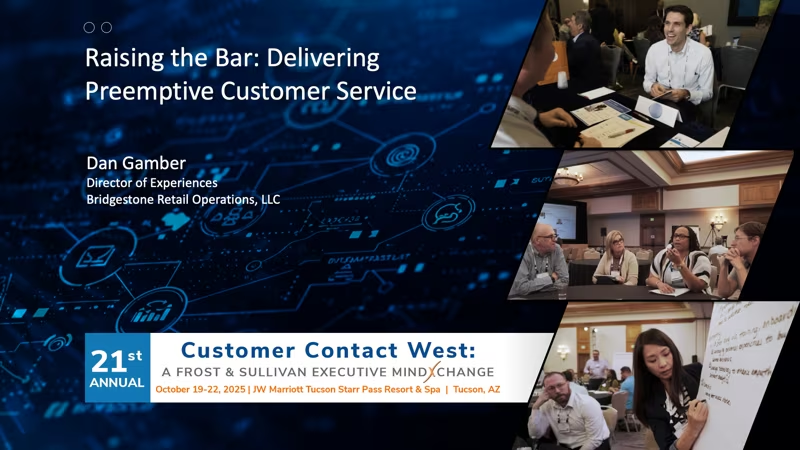AI Takes the Stage
In recent years, customer service has undergone an unprecedented transformation driven by digitalization and, especially, by the emergence of artificial intelligence (AI). Companies have gone from relying almost exclusively on human agents and traditional channels – such as the telephone or face-to-face service – to incorporating digital tools that allow processes to be automated, provide immediate responses, and personalisethe user experience. This shift has not only revolutionized the way customers interact with brands, but also the role and competencies of teams working in customer service departments.
The evolution towards a digital customer
Today’s customer has become more demanding, knowledgeable, and impatient. With access to multiple digital channels, they expect quick responses, effective solutions, and consistent experiences no matter the touchpoint. In this context, AI is presented as a key ally, as it allows companies to maintain a level of service in line with these expectations, without adding an exponential increase in human and economic resources.
Artificial intelligence applied to customer service
The application of AI in this area manifests itself in multiple ways:
- Chatbots and virtual assistants: they are perhaps the most visible tool. Capable of resolving frequent queries automatically, chatbots reduce the workload of human agents and allow them to focus on more complex problems. In addition, virtual assistants can be available 24/7, eliminating time limitations.
- Predictive analytics: By using algorithms, businesses can anticipate customer needs. For example, detecting patterns of behavior that indicate a possible abandonment or predicting which product a user may be interested in based on their history.
- Natural Language Processing (NLP): This technology allows for a better understanding of customer intent, even when speaking in different languages. This improves the quality of interactions and reduces misunderstandings.
- Automating administrative tasks: AI also makes it easier to triage tickets, prioritize incidents, and escalate them to the right agent or department. This type of automation increases operational efficiency and reduces wait times.
Benefits for business and customers
The positive impact is evident on several levels:
- Speed and availability: customers get immediate answers, without depending on business hours.
- Cost reduction: By automating repetitive tasks, companies can allocate fewer resources to simple management and focus on delivering added value.
- Improved customer experience: the personalization offered by AI generates a closer and more relevant relationship.
- Scalability: Digital solutions allow you to manage a higher volume of interactions without necessarily expanding the workforce.
Challenges and limitations
However, implementing AI in customer service is not without its challenges. Some of the most relevant are:
- Lack of empathy: Although algorithms are constantly improving, there is still a significant gap between human interaction and that of a chatbot in terms of empathy, emotional understanding, and personalized treatment.
- Resistance to change: both from customers who prefer to talk to a person and from employees who fear losing their job.
- Data privacy and security: the intensive use of data to train AI systems implies a risk that must be managed with transparency and compliance with regulations such as the GDPR in Europe.
- Initial investment: although in the long term AI reduces costs, the implementation of these technologies requires a considerable investment.
The new role of human agents
Far from disappearing, customer service teams are evolving towards a more specialized profile. Agents are no longer limited to repetitive queries, but focus on complex cases that require empathy, creativity, and advanced resolution skills. In addition, they act as supervisors of the AI, correcting errors and providing the “human touch” that no machine can yet fully replicate.
The combination of human agents and technology is consolidating itself into the most effective model: hybrid care. In this scenario, chatbots manage the first contact and refer the most sensitive cases to a human agent, ensuring efficiency without sacrificing quality.
Looking to the future
AI looks set to continue to expand its role in customer service departments. However, the key to success will not be replacing people, but combining the best of both worlds: technological efficiency and human warmth.
Oscar Luis Marruenda Justicia brings global experience across Latin America and Europe to his current role as Contact Center Manager at Clínica Baviera in Madrid, where he manages teams and oversees internal and external contact center service and platforms. A multi-disciplinary, results-oriented professional trained in quality management, Oscar thoroughly enjoys his work and stays focused on the customer experience. He brings his significant experience working in small, medium and large enterprises and leading change to all his challenges and responsibilities.



